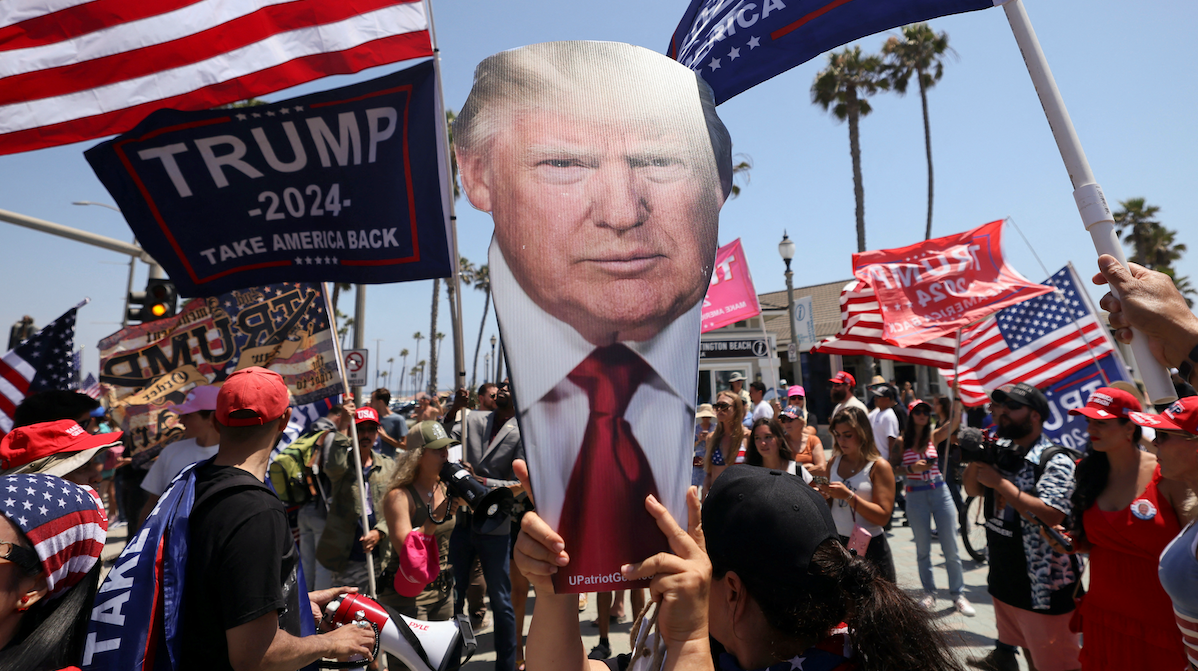While Day Two of the RNC focused on “Making America Safer Once Again,” reports surfaced Tuesday that US authorities had received intelligence in recent weeks about an Iranian plot to kill former President Donald Trump.
The warning reportedly led to increased security for Trump, raising even more alarm and questions over the security breach by would-be assassin Thomas Matthew Crooks last Saturday. Officials said no link has been found between Crooks and a foreign plot.
The Trump campaign would not comment on what it knew before Saturday. But the Permanent Mission of the Islamic Republic of Iran to the UN had plenty to say: It denied the allegations, noting that while Trump is a criminal in Tehran’s mind “and must be prosecuted and punished in a court of law for ordering the assassination of General Soleimani,” Iran is pursuing only legal recourse.
NSC spokesperson Adrienne Watsonsaid the US has “been tracking Iranian threats against former Trump administration officials for years, dating back to the last administration.” She said the threats emanate from Tehran’s desire for revenge over the US drone strike that killed Qasem Soleimani, who was Iran’s top general, which Trump ordered in January 2020.
